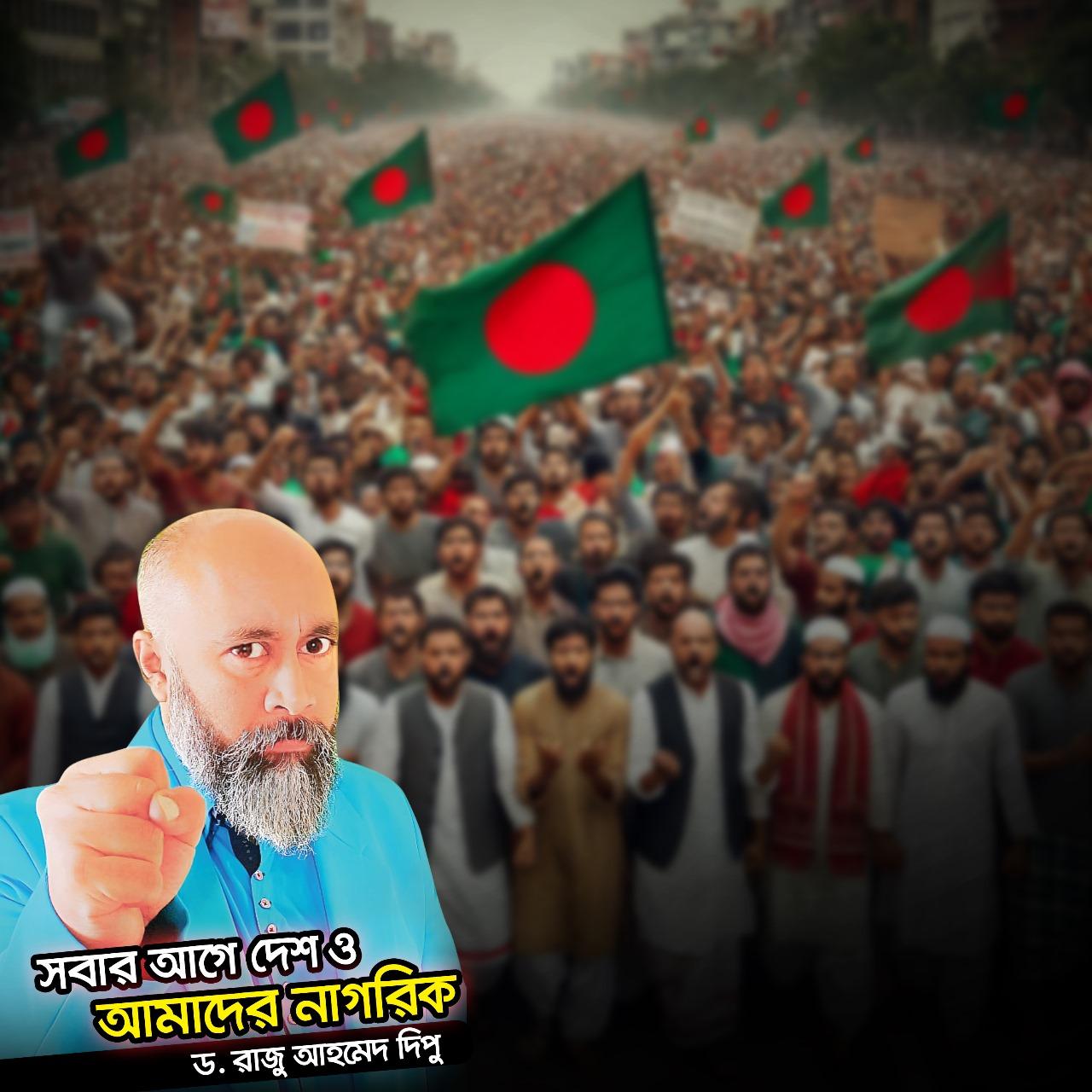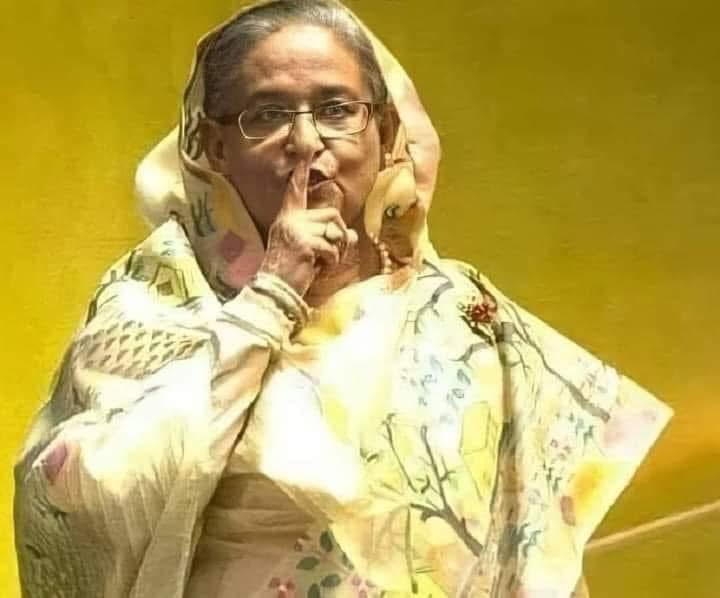
Dr. Raju Ahmed Dipu
“While Sheikh Hasina’s tenure brought infrastructure growth and macroeconomic expansion, it has also been overshadowed by systemic corruption, suppression of dissent, and widespread human rights violations. Between 2009 and 2024, numerous members of her government, party affiliates, and state-aligned business networks were repeatedly accused of engaging in large-scale corruption. International investigative reports and financial intelligence leaks suggest that over $200 billion may have been illegally transferred or laundered out of Bangladesh during her administration — one of the highest unofficial capital flight estimates in South Asia. The absence of independent anti-corruption investigations, combined with politically influenced courts, has allowed many of these cases to go unprosecuted. Institutions meant to uphold transparency — including the Anti-Corruption Commission (ACC) — remained under executive control, raising concerns from transparency bodies such as Transparency International, Global Financial Integrity, and UNDP country governance monitors. Citizens and whistleblowers who attempted to expose these abuses were harassed, jailed, or forced into exile. The 2024 civilian massacre — with over 2,000 protesters reportedly killed by state forces — symbolised the culmination of a regime more focused on power preservation than public accountability. This review stands as a formal civic demand for international investigation, sanctions against documented perpetrators, and full public disclosure of offshore wealth connected to those in and around the former regime. Bangladesh deserves democratic renewal — not dynastic capture.”
